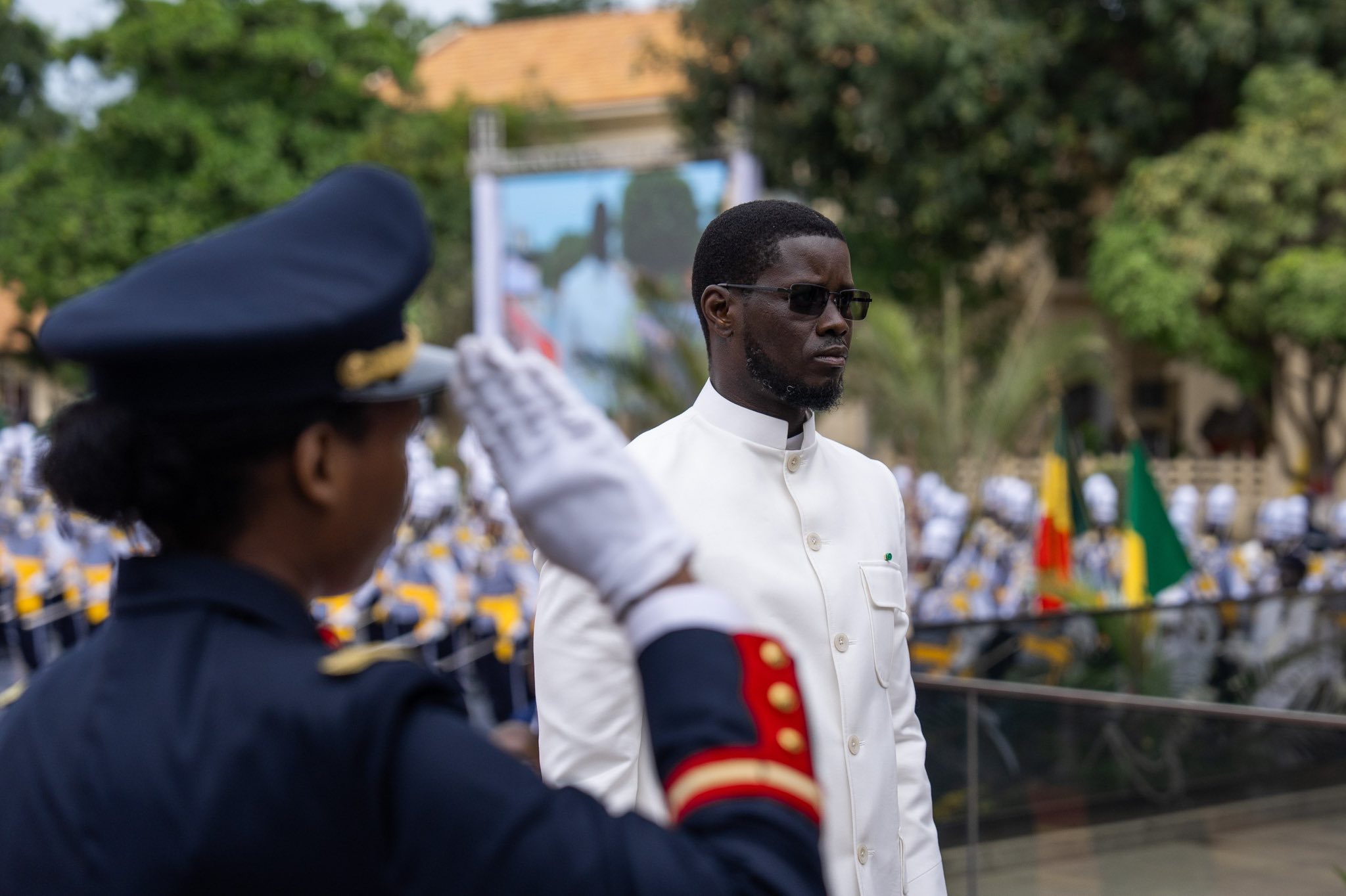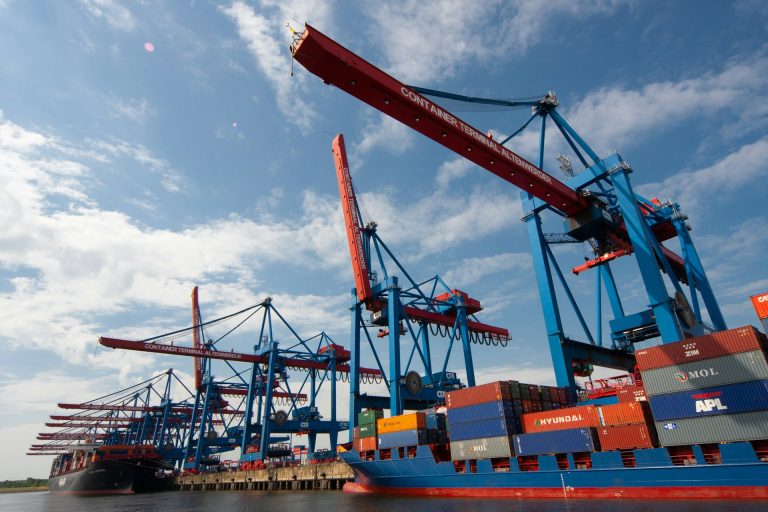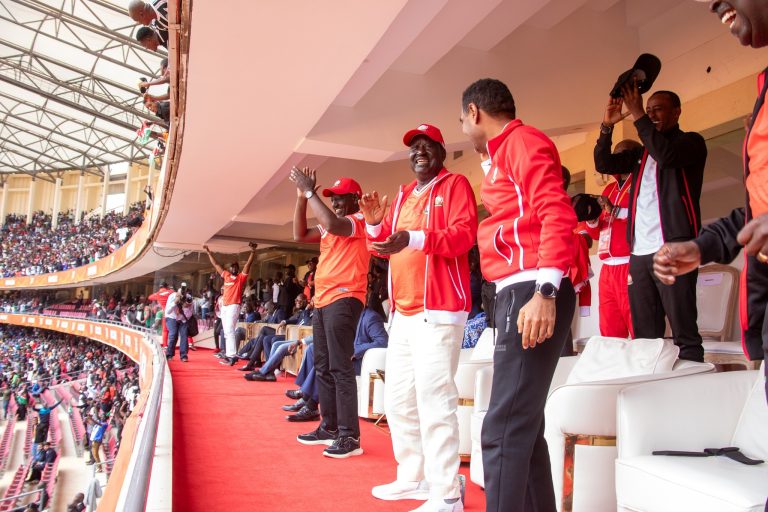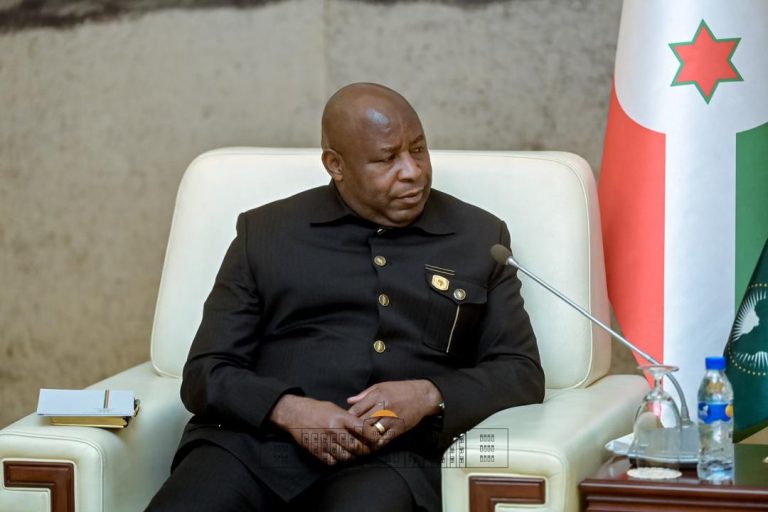- Presidency budget set to jump 160% in 2026
- Economists, opposition warn of opportunity costs and transparency risks
DAKAR, SENEGAL – Senegal’s projected 2026 budget for the Presidency is set to surge by 160 per cent, igniting debate over public spending priorities as the country enters a new political era.
The allocation for the presidential institution is forecast to rise from 79 billion CFA francs in 2025 to an unprecedented level in 2026. The scale of the increase – described as “dizzying” by analysts – has prompted economists, civil society and opposition figures to question the government’s choices at a time when social pressures remain acute.
Economist Bassirou Gueye told Allen Dreyfus the rise cannot be viewed in isolation, noting the security backdrop in a region destabilised by jihadist insurgencies and political crises.
“It’s important to understand that this increase may be linked to security and stability concerns, especially since independent Senegal is in a volatile regional context (terrorism in the Sahel, political instability in several countries), which could necessitate a significant strengthening of presidential security and intelligence services,” he said.
He added that part of the increase may stem from institutional restructuring designed to modernise the Presidency.
“It also concerns the rationalisation and modernization of the institution through the consolidation of services: The budget could include the consolidation of several services or offices previously scattered across other ministries, creating a budgetary ‘mass criticism’ that gives the impression of a cost explosion, but which is in reality a simple transfer,” he said.
Gueye also said inherited liabilities may be inflating the figures. “We must also remember inherited arrears and debts: The budget could include the payment of invoices or debts incurred by previous administrations but not yet settled.”
Growing political backlash
Opposition politician Tidiane Beye condemned the increase as indefensible for a country facing persistent development challenges.
“It is irrefutable. In Senegal, universal access to healthcare remains a major obstacle, the youth unemployment rate is high (around 24% according to the ANSD, more than double that of adults), and the alignment between education/training and the needs of the labour market is a persistent problem,” he said. “The cost of living is even perceived by young people as the main priority to address.”
He warned that the spike carries a heavy opportunity cost. “Every franc allocated to the Presidency is a franc that is not invested in equipping a hospital, creating scholarships, or financing the professional integration of young people. This is what we call the opportunity cost, and it carries significant weight in a developing country.”
Gueye, for his part, highlighted governance risks if transparency is not strengthened. “Several risks exist, for example, regarding the opacity of public procurement: direct awarding without calls for tenders, and the possibility of overbilling for services,” he said. He also cited the danger of unverifiable official travel and “overvalued real estate and equipment acquisitions, and projects undertaken without genuine operational need.”
For his part, political scientist Dame Mbaye said the controversy extends beyond fiscal numbers.
“The heart of the debate is not the figure itself, but the political message it conveys,” he told Allen Dreyfus.
“This budgetary decision places President Faye in a dilemma of communication and political consistency. Either he manages to convince people that this is the necessary investment for an effective break with the past, or he gives the impression of a disguised continuity in the management of power, at the risk of disappointing a portion of his electoral base that expected a fundamental change in practices. The ball is in his court to explain this ‘necessity’ and answer the legitimate ‘questions’ it raises.”










